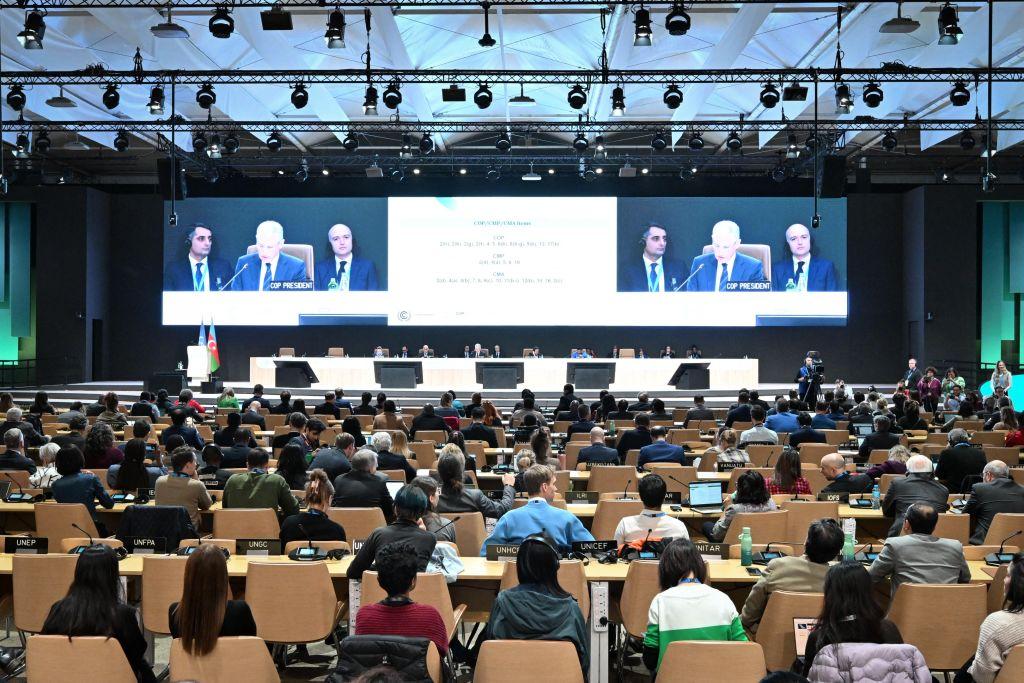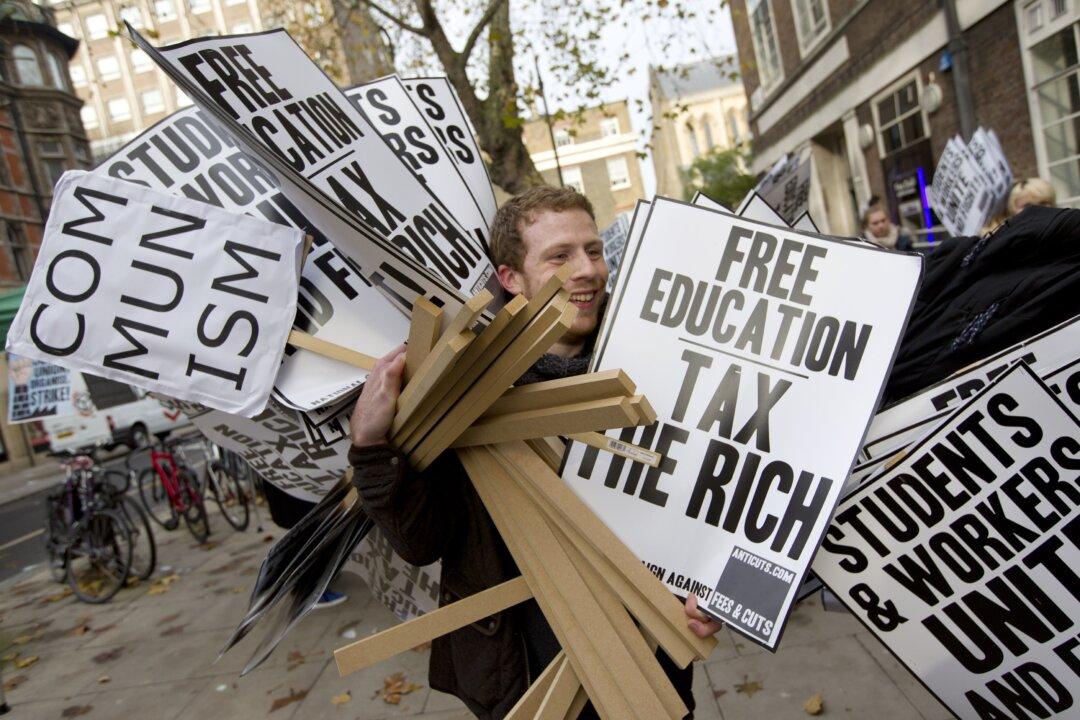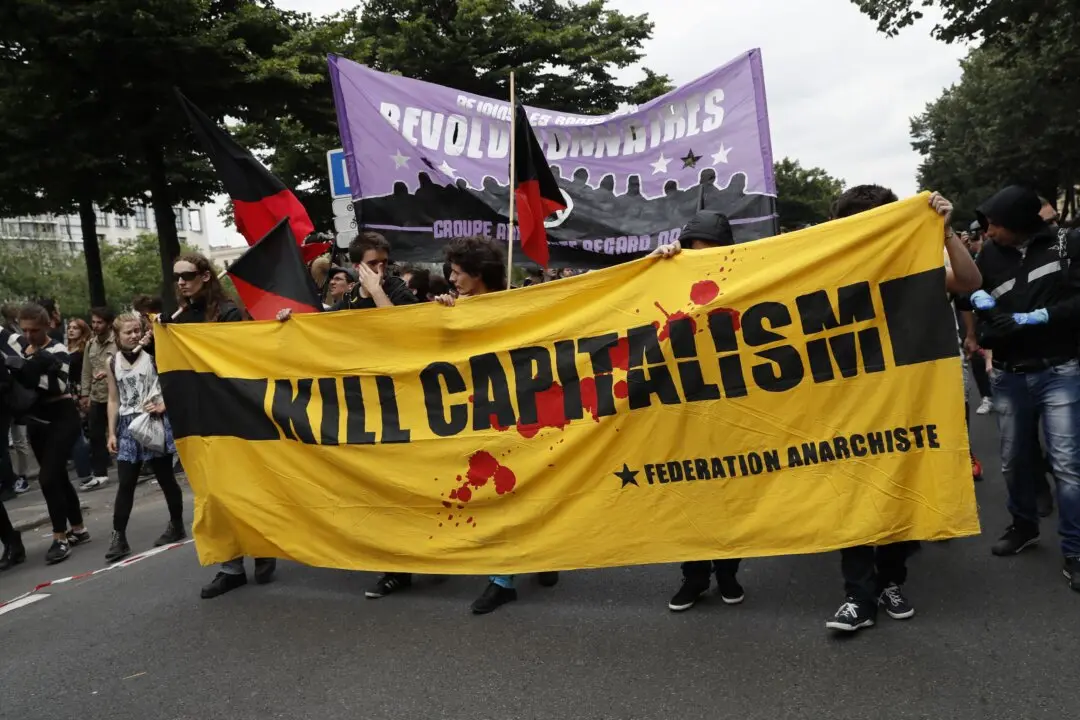Commentary
Last month’s United Nations COP29 climate change conference in Baku, Azerbaijan, produced an agreement by which wealthier societies would (by 2035) transfer $300 billion annually to poorer countries to pay for the development of green energy sources and to help them cope with the rigors of climate change. The agreement also proclaims a goal of increasing the annual wealth transfer to $1.3 trillion per year before 2035. This wealth-transfer scheme confirms yet again that the primary purpose of climate change activism is a socialistic redistribution of money.





